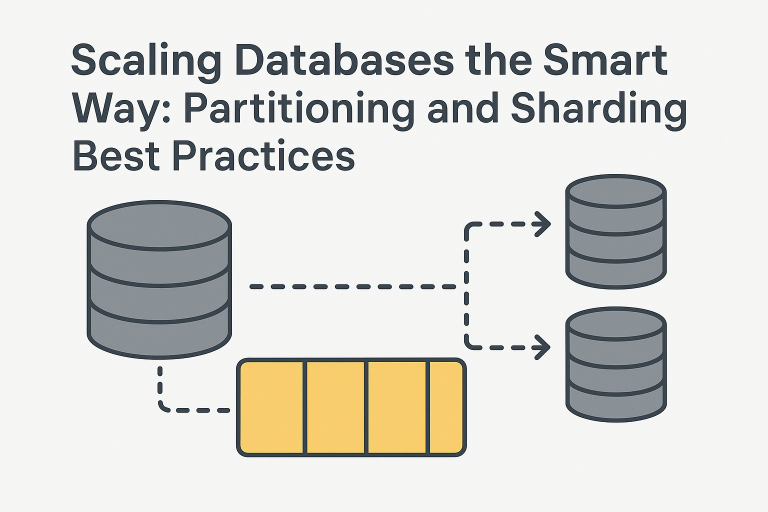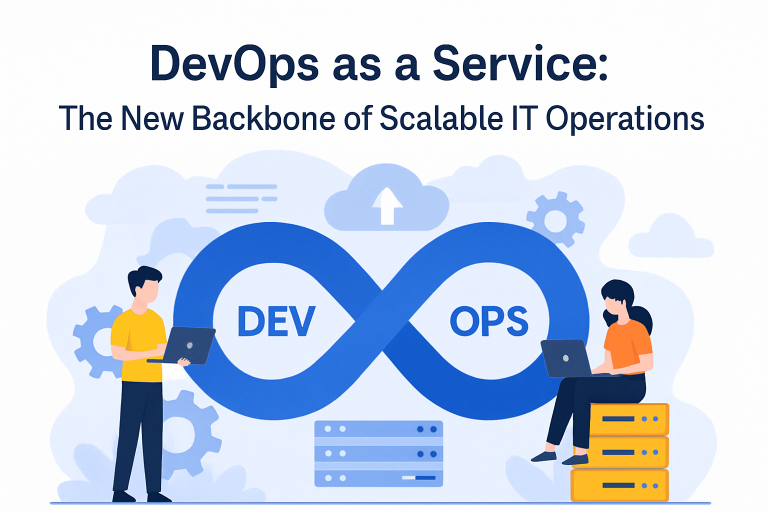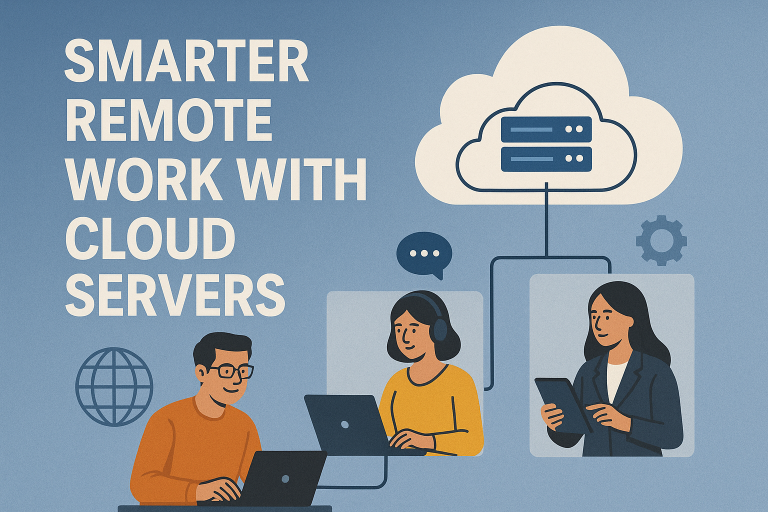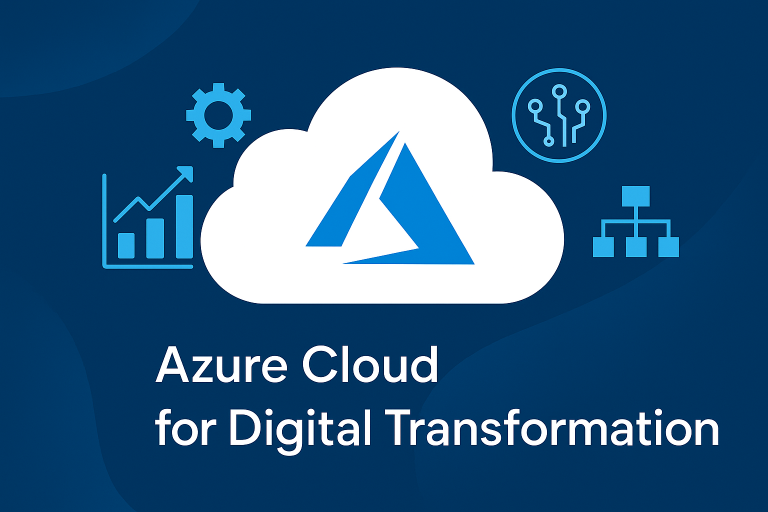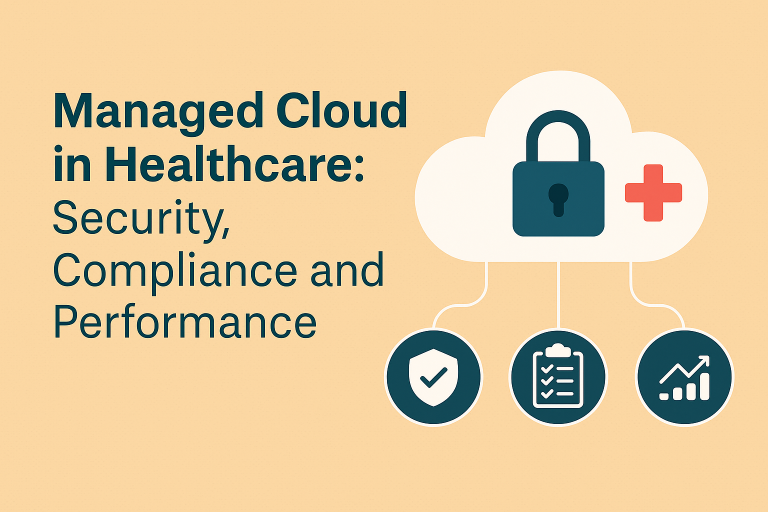
Introduction
Supply chain management has become essential to the success of businesses across industries in today’s continuously changing world. Moreover, the advent of eCommerce and advancements in information technology have led to significant improvements in logistics and supply chain processes. One key area that has contributed significantly to enhancing supply chain efficiency is integrating managed IT services. This article explores how managed IT services improve eCommerce, optimize supply chain routes, and enhance control in logistics.
- Facilitating Better eCommerce
The rise of online shopping has revolutionized the retail industry, making it imperative for companies to adapt to this changing landscape. Managed IT services for logistics and supply chain offer multiple benefits that can significantly enhance eCommerce operations. These include:
E-mail and Electronic Financial Transactions: Managed IT services enable faster communication and seamless financial transactions, allowing businesses to streamline the ordering and payment processes.
Improved Visibility on Orders: IT consulting services provide companies with real-time visibility into inventory and order status. Consequently, this enables better demand forecasting and reduces the risk of stockouts or overstocking.
Efficient Warehouse Management: Managed IT services provide tools and technologies that enable companies to organize and manage their warehouses effectively. Specifically, this includes inventory tracking, picking optimization, and automated order fulfillment processes.
The Role of Technology in Supply Chain Management
Improved Documentation and Processing Time: Barcoding and scanning technologies speed up documentation and processing, leading to faster order fulfillment and increased productivity.
Increased Speed, Precision, and Dependability: Barcode scanning ensures accurate and efficient data capture, reducing errors and enhancing reliability in supply chain operations.
Enhanced Inventory Management: By utilizing barcodes, companies can easily track and manage their inventory, ensuring accurate stock levels and minimizing the risk of stockouts or overstocking.
Leveraging Electronic Data for Efficiency
Interchange of Electronic Data
Electronic Data Interchange (EDI) has emerged as a critical component of supply chain management, thus enabling the seamless exchange of information between organizations. Furthermore, some key advantages of using EDI include:
Quick Information Processing: EDI allows for rapid information processing, reducing manual errors and improving overall efficiency in supply chain operations.
Improved Client Service: By leveraging EDI, companies can enhance customer service through faster order processing, improved order accuracy, and effective communication.
Cost-effectiveness: EDI eliminates the need for paper-based transactions, reducing administrative costs and improving supply chain cost-effectiveness.
Gaining More Control in Supply Chain Operations
Managed IT services provide companies with the necessary tools and technologies to gain better control over their supply chain operations. Consequently, this includes enhanced visibility, improved transparency, and increased accountability. Moreover, key benefits of gaining more control in supply chain management include:
Avoiding Delays and Disruptions: Clear visibility into processes and data flows allows companies to identify and address potential bottlenecks or delays in the supply chain, ensuring uninterrupted operations.
Streamlined Product Movement: Technology solutions enable businesses to control and monitor the movement of products throughout the supply chain, optimizing routes and minimizing delivery time.
Enhanced Data Management: Managed IT services enable efficient data collection, storage, and analysis, providing valuable insights to inform decision-making and drive continuous improvement in supply chain processes.
Route Optimization for Cost Efficiency
Efficient route optimization is critical for logistics and transportation providers to reduce costs, maximize efficiency, and improve overall customer satisfaction. Managed IT services offer a range of tools and technologies that enable route optimization, including:
Reduced Fuel Consumption: By optimizing routes, companies can minimize travel mileage, fuel consumption, and environmental impact.
Maximized Delivery Efficiency: Route optimization maximizes fleet use, reduces unnecessary mileage, and improves delivery efficiency.
Improved Driver Productivity: By optimizing routes, companies can reduce overtime and agency costs by maximizing driver productivity and minimizing idle time.
Cost Savings: Route optimization helps identify the most cost-effective distribution channels, enabling companies to reduce shipping costs significantly.
GPS Tracking Systems (Track & Trace)
Additionally, GPS tracking systems are essential for supply chain management, offering real-time visibility and efficient shipment tracking. Specifically, key benefits include:
Real-time Shipment Tracking:
GPS tracking provides real-time shipment location and status, offering accurate, up-to-date information to customers.
Reduced Fuel Consumption: By tracking shipments and optimizing routes, companies can reduce fuel consumption and minimize environmental impact.
Increased Efficiency: GPS tracking helps companies identify and eliminate supply chain inefficiencies, boosting overall efficiency.
Enhanced Customer Service: Real-time tracking allows companies to give accurate delivery estimates and proactive updates, boosting customer satisfaction.
Ensuring Security in the Digital Supply Chain
Conclusion
“As the logistics and supply chain sector evolves, consequently, embracing managed IT services becomes increasingly vital for sustainable growth and competitiveness. In particular, these services provide solutions for visibility, tracking, and efficient management tailored to the industry’s needs. Furthermore, managed IT services use advanced technology to help logistics companies optimize operations, boost customer satisfaction, and stay competitive.”
